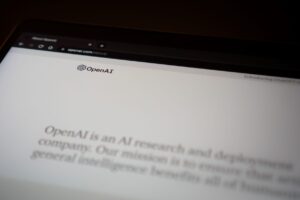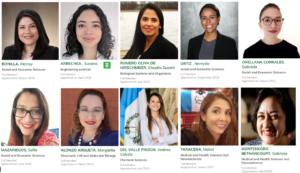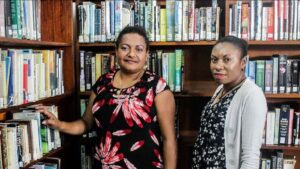Leadership in African Libraries
A report from the African Library Summit conference July 3rd to 5th 2013
This second African Library Summit had 300 African library and information service (LIS) policy makers, leaders, managers, educators, researchers, publishers and suppliers in attendance. The venue was Pretoria bathed in strong winter sunlight with views from the University of South Africa of the Voortrekker Monument and, on the adjacent hill, the tall, slender poles of the Freedom Park sculpture of ascending reeds signifying the rebirth of the South African nation as well as a nation embracing the future. Mandela was in hospital just a quarter mile from our hotel and the local newspapers full of the feuding in his family.
The title was The Horizon and Beyond. But the real driving theme was that of leadership, innovation and change – what those mean in librarianship and what they might mean in an African cultural context. The spiritual and traditional dimensions of leadership were discussed as well as the leading role of some African countries in developing affordable technological solutions to information management problems (see Nairobi’s Innovation Hub (iHub) and the Digital Libraries Laboratory).
From the opening flag ceremony onwards (Este Retief’s photos at with our own Emma Farrow carrying the UK flag), the mood was upbeat and a keynote emerged in the video message from Deborah Jacobs of the Gates Foundation in her call for the “transformation of librarians and the role they play in driving development”. This was picked up by Kay Raseroka of Botswana in her call for a shift from paper-centred to people-centred services and the suggestion that encouraging oral exchanges of information in a library space is an entirely appropriate way of empowering students who want to work together rather than alone. And again in the discussion of training and education for librarians with a call for a broader, more engaged definition of the librarian’s role.
The development of African librarianship to date has been driven by some notable changemakers, many of them strong women with determination, energy and a sense of pride in their chosen profession. But a central theme of the conference was how to build a new generation of leaders – how to mentor and develop young librarians, how the experienced elders can work creatively with young people who are looking for personal and institutional transformation. IFLA’s support has been important here and we were briefly introduced to 30 “emerging” leaders who have been nominated to work on models for regional collaboration and advocacy on key current issues in knowledge management.
One on one conversations with librarians revealed the persistence of challenges that have been well recognised for years now, particularly inadequate ICT infrastructure, the puzzlingly low use by teachers and researchers of the e-resources that have been purchased for them by their librarians and the distrust of Open Access journals and books.
But for every one of those, there was a story of recent change and improvement or of a determination to make a difference – of a research and education ICT network just getting off the ground in Nigeria, of a possible national focus group to drive towards full use of information in universities, of students enrolled to act as ambassadors for the library driving their peers to use journals and books, of embracing social media to communicate with students and faculty.
There was innovation in the conference format too. Thematic breakout groups were maintained over the three days under the guidance of a series of “chairs and provocateurs” with a brief to come up with three key recommendations for action. One of the buzziest sessions was a World Café where all 300 delegates moved from table to table to discuss and record ideas on how to create an environment that fosters innovation.
The launch of the Forum of National Libraries of Africa, the Public Library Summit and, most noisily by a long chalk, of the African Libraries and Information Association on the last afternoon was an excuse for a party with drumming, balloons and a “harambee (“all pull together” in Swahili) where all present were invited to make a personal donation that raised an impressively useful sum for the embryonic AfLIA.




